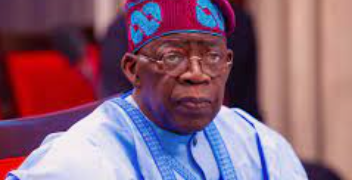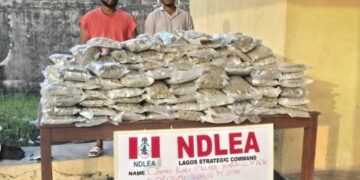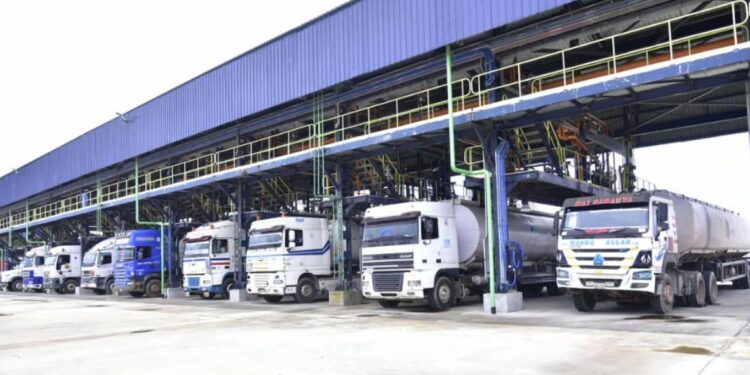The Nigerian National Petroleum Company Limited (NNPC) will begin supplying crude oil to the Dangote Refinery in exchange for naira starting on Tuesday, October 1, 2024, according to the Technical Sub-Committee on Domestic Sales of Crude Oil. This initiative marks the first step toward selling crude oil to local refineries in the local currency, a policy approved by the Federal Executive Council under President Bola Tinubu’s administration.
The Chairman of the Sub-Committee, Zacch Adedeji, who also leads the Federal Inland Revenue Service (FIRS), confirmed the agreement. NNPC will supply around 385,000 barrels per day to the Dangote Refinery, with payments made in naira. In return, the refinery will provide equivalent volumes of refined petroleum products, such as petrol and diesel, for the domestic market, also priced in naira.
The sub-committee emphasized that the new arrangement is aimed at stabilizing the naira, reducing transaction costs, and ensuring a steady supply of fuel products across Nigeria. “This agreement is crucial for Nigeria’s energy security and economic stability,” said Adedeji.
The refinery is expected to release approximately 11.5 million barrels of petroleum products to the local market each month under this deal. Diesel will be available for sale in naira to any interested buyers, while petrol will be exclusively sold to NNPC for further distribution to marketers.
In addition to coordinating with Dangote, the government has been urged to include modular refineries in this arrangement, as they face challenges in securing crude for production. Eche Idoko, spokesperson for the Crude Oil Refinery-owners Association of Nigeria, expressed concern that the deal currently excludes other refineries, which could lead to unequal access to crude supplies.
As the naira-based crude deal begins, Nigerians hope the new system will lead to lower fuel prices. However, the Dangote Refinery has yet to disclose the official pricing for its petroleum products, refuting claims that it had sold petrol at ₦898 per liter to the NNPC.
The success of this initiative will be closely monitored by an implementation committee, which includes key government agencies and stakeholders. The committee will operate from Lagos for the next three to six months to ensure smooth execution of the agreement.
























